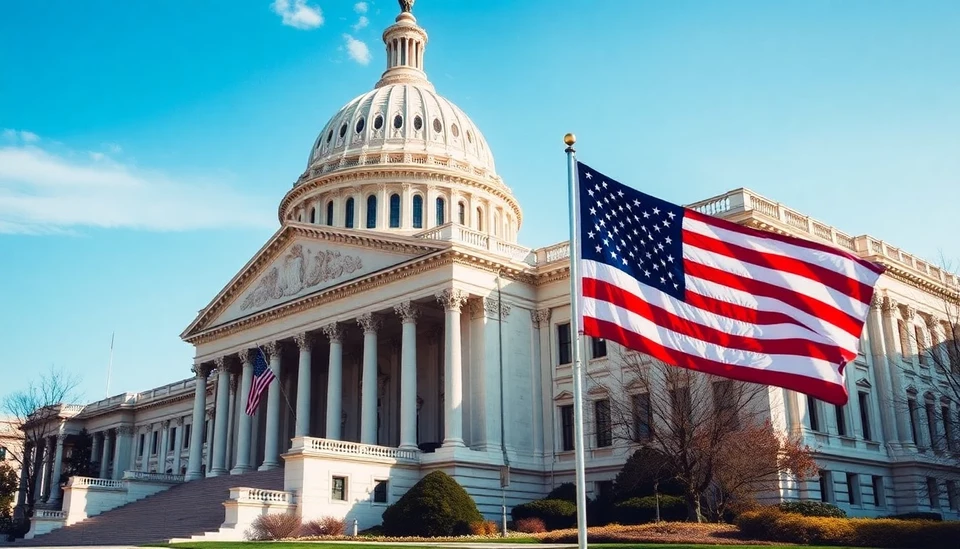
In a significant development that has drawn attention from policymakers and taxpayers alike, the United States is experiencing a noticeable slowdown in tax collections. This downturn is causing increasing anxiety about the looming debt ceiling and the potential repercussions of hitting the X-date—a term that describes when the government will no longer be able to meet all of its financial obligations.
Recent data has revealed that the IRS has reported lower-than-expected revenue from taxes, which has raised alarms about the nation’s fiscal health. The decline in collections isn’t just a momentary glitch; economists suggest that several factors contribute to this persistent trend. These include economic uncertainties, shifts in employment rates, and changing taxpayer behaviors in the post-pandemic era. All these variables are complicating the government's financial landscape and raising questions about its spending capacity.
As the Biden administration navigates these challenges, the crucial issue of the debt ceiling remains prominent. The debt ceiling is essentially a cap set by Congress on how much debt the federal government can carry at any given time. A breach could lead to severe consequences, including the government defaulting on obligations, which would have catastrophic effects on the economy both domestically and internationally.
Financial experts warn that continued slow tax revenue collection could accelerate the timeline to the X-date, potentially forcing Congress to make critical decisions about borrowing, spending, and taxation far sooner than anticipated. Discussions surrounding possible measures to increase revenue or curb spending have begun, with proposals ranging from broadening the tax base to adjusting tax rates for high-income earners.
The political ramifications of these discussions are undeniable. As lawmakers from both parties prepare for the upcoming debates, the interplay between fiscal responsibility and political will will be on full display. Some policymakers argue that an urgent response is necessary to avoid a fiscal cliff, while others point to the importance of ensuring that tax policies do not disproportionately affect lower and middle-income families.
Moreover, public sentiment is shifting as constituents grow increasingly wary of government inaction. The general populace is keenly aware of how these financial dynamics impact their everyday lives. With rising costs of living and a growing demand for transparency, citizens expect governmental measures that prioritize both economic stability and fairness in taxation.
In conclusion, the combination of slow tax collections and the impending debt ceiling deadline is a volatile mixture that demands immediate attention from policymakers. As everyone watches how this situation unfolds, it highlights not just the financial intricacies of running a government, but also the broader implications for American citizens navigating an uncertain economic landscape.
#USTaxCollections #DebtCeiling #EconomicAnxiety #FinancialStability #TaxPolicy #BidenAdministration #XDate
Author: Laura Mitchell




